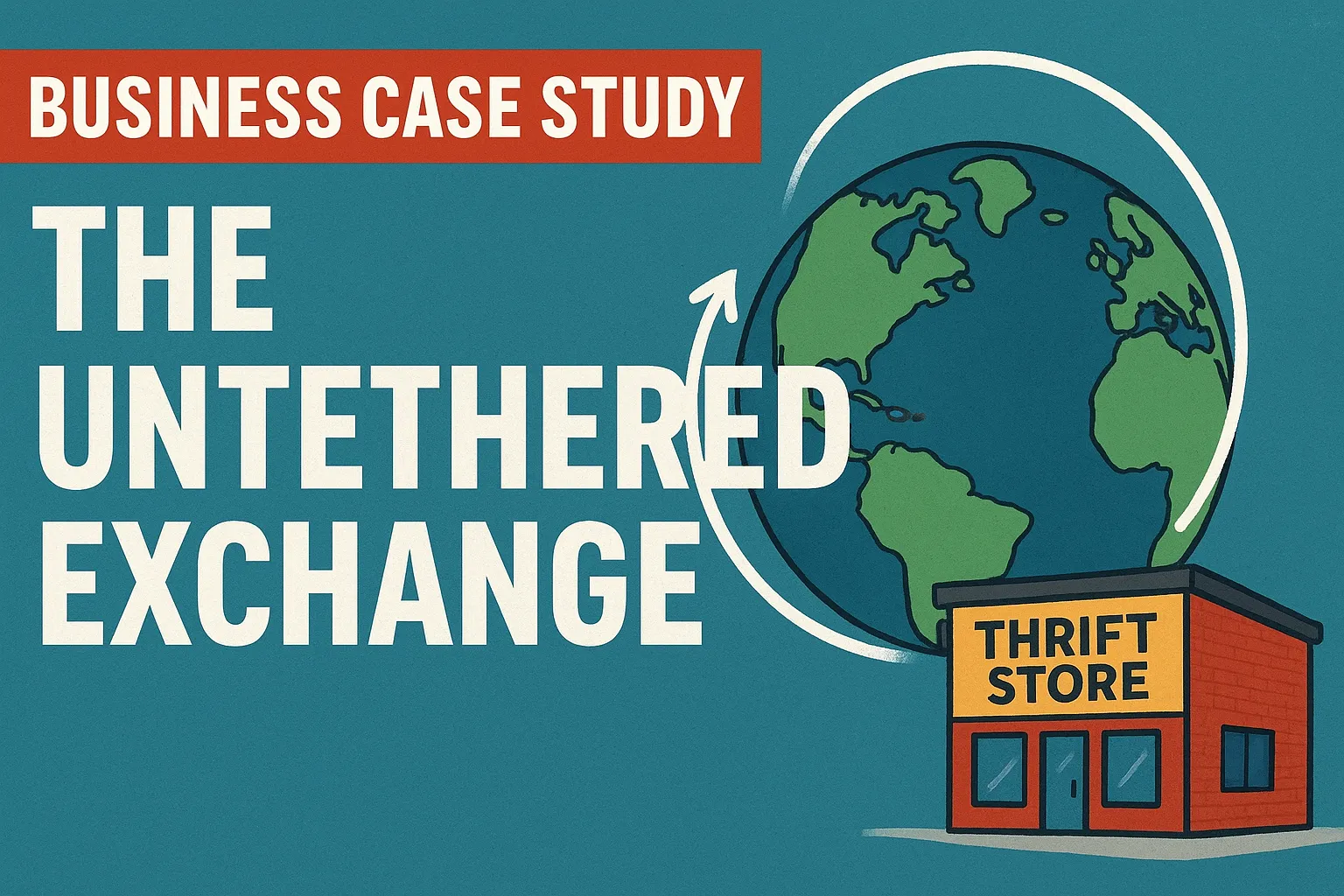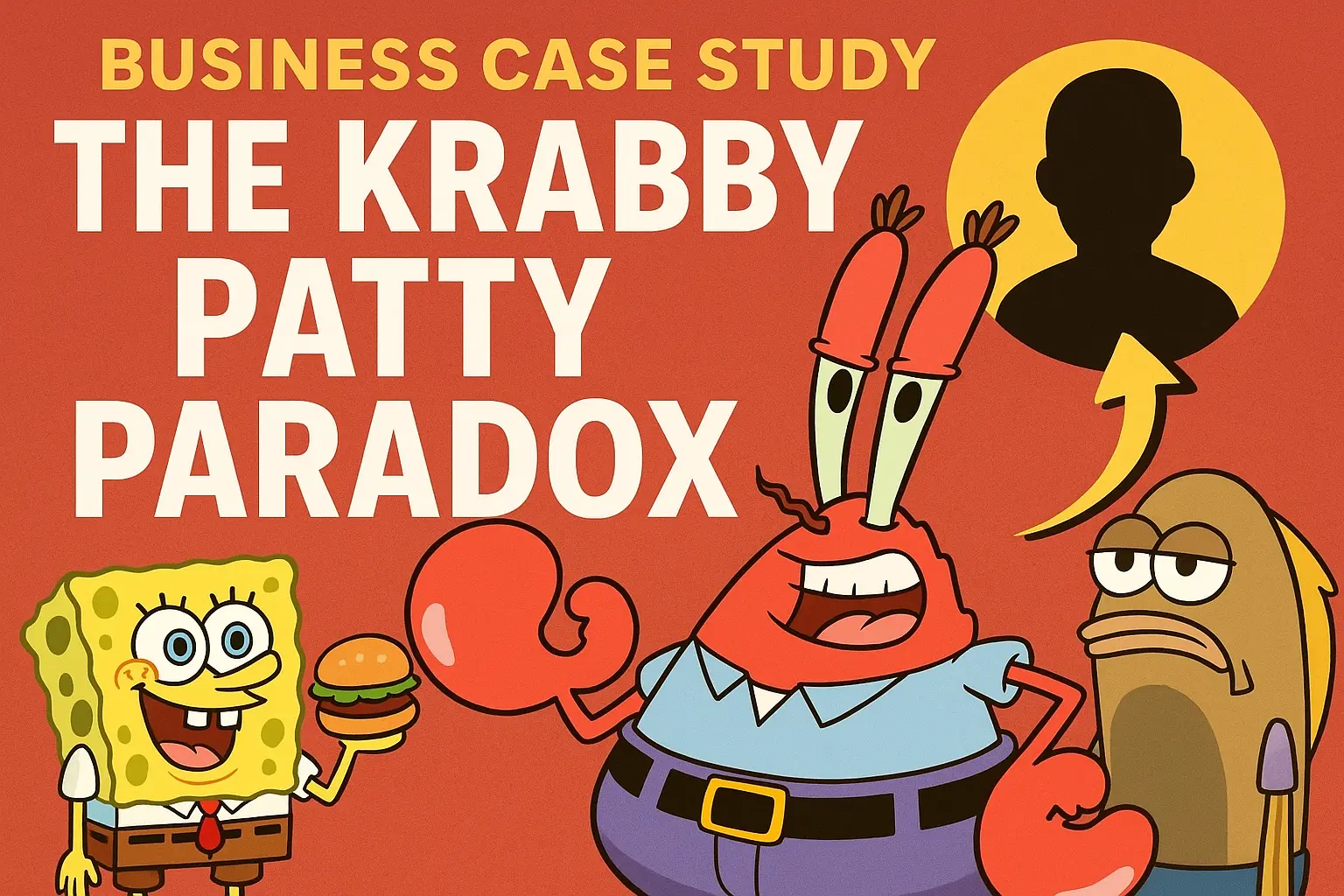 Case Studies Club
Where Strategic Minds Meet
Case Help
Case Studies Club
Where Strategic Minds Meet
Case Help
The Client Conundrum
Navigating Market Strategy for a Community-Driven Consulting Model
InsightWorks Co. faces a strategic crossroads in defining how to attract and convert potential clients while staying true to its collaborative, affordable consulting model. The company must decide whether to focus exclusively on small businesses, expand to serve individuals, or form partnerships with business networks to scale its reach.
Core Themes:
Turn Business Challenges Into Strategic Wins
Browse our Insights Marketplace for frameworks and tools that drive results
Explore MarketplaceOverview
The business landscape is filled with enterprises eager for guidance but wary of traditional consulting costs. InsightWorks Co. stands at a crossroads: How should it attract new customers in a way that aligns with its unique, community-driven consulting model? The answer isn't obvious, and the implications are significant.
The decision requires a careful evaluation of market dynamics, customer psychology, and business positioning. To navigate this challenge, we will dissect the company's history, market standing, and the obstacles that complicate the path forward. From there, we'll weigh three strategic options—each with merits, drawbacks, and long-term consequences—to determine the most effective course of action.
Backstory: The InsightWorks Co. Dilemma
InsightWorks Co. didn't emerge from a vacuum. It was born from a frustration with conventional consulting—a space dominated by expensive firms that deliver polished reports but often fail to generate real-world, actionable results. The founders envisioned a different model: a collaborative think tank where businesses could workshop their challenges in a structured yet cost-effective way.
The offering is compelling. Small businesses—InsightWorks Co.'s primary target—are often cash-strapped but in desperate need of strategic insight. The platform allows them to engage in high-quality problem-solving at a fraction of traditional consulting costs. Yet, despite the clear value proposition, growth has been slow. The issue isn't whether the service is useful—it's how to get potential clients to recognize its worth and take the first step.
The challenge is amplified by several factors. First, small business owners are notoriously time-poor and skeptical of unfamiliar consulting models. Second, InsightWorks Co.'s potential reach extends beyond businesses; individuals facing workplace dilemmas or strategic career choices could benefit as well. But marketing to both groups risks diluting the me...
🔓 Unlock This Case Study
Access full cases, analysis, recommendations, and community insights


